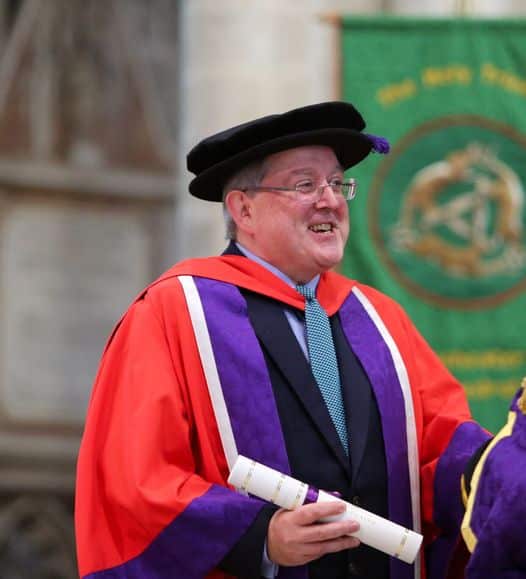Playing through the pain
mainChatting in a BBC green room this morning with the pianist Paul Lewis – before we went onto Breakfast to discuss the perennial Proms question of clapping between movements – I was alarmed to hear that he had torn a muscle in his arm while rehearsing a Beethoven concerto last week. Paul is performing all five concertos at the BBC Proms. Cancellation was not an option. So he played on through the pain, and with barely a grimace.
That’s what artists do.
Last week, I visited Maria Joao Pires after her late-night Nocturnes at the Royal Albert Hall, where she dared to play more softly than anyone I have ever heard anyone do in that vast space. In her dim-lit room in the bowels of the hall, I noticed that one of her fingers was covered by a band-aid and swollen to almost twice its natural size. Pires had played Chopin through a mist of pain. To have cried off and disappointed 4,000 eager listeners never crossed her mind.
So when I see a footballer limping off with a hamstring injury, or a tennis ace complaining of muscle strain, my natural sympathy for suffering humanity is tempered by the knowledge that these athletes are, like as not, protecting themselves from the fear of protracted injury and that their concern for the spectators who have paid vast amounts to see them is minimal.
If Mr Drogba has a pain in his groin, he should grit his teeth and get back to training. If Mr Rooney is feeling under the weather, he should run it off. And as for those Italians and Argentines who fall to the ground howling in agony when someone – perhaps – taps their ankle with a feather-light boot, they ought to be charged with misrepresentation and jailed for their display of deception. Softies, cissies and big girls’ blouses, the lots of them.
A real performer plays through the pain.





Hmmm…provocative. Not sure about this one Norman, injury is a bit of a taboo in classical music, and often gets swept under the carpet. I would imagine that making some artists’ injuries public knowledge (especially if they are caused by playing), could actually have a negative impact on the artists’ careers. You can just hear the rumours “It’s pyschosomatic” or “He has a technical glitch” or “Maybe he just doesn’t want to play anymore”.
Perhaps sports players take better care of themselves when they’re injured because they can always get back on the tour when they’re fixed, even if that means they have to go back through the qualifiers. Music is a bit more subjective than (and just as competitive as) sport, and if there’s doubt about a certain player then they simply won’t get booked.
Oh, and I suppose there might also be the issue of the terms of a sports player’s insurance that comes into the equation…
Provocative? Silly, more like.
That petulant footballers are often derided by fans as prima donnas suggests that musicians are not always perceived as being as selfless as the (thoroughly admirable) artists you mention. It is, of course, a stereotype – and a false one.
But so is yours. There are many accusations you can justifiably level at (some) “elite” footballers but physical cowardice is not one of them.
No professional sport is for the faint-hearted and football is no exception. It’s a while since I went to an orchestral concert and saw half a dozen musicians sitting on a bench ready to come on as soon as one of their colleagues gets injured.
Softies, cissies and big girls’ blouses . . .
That jibe was regularly levelled by rugby fans at footballers in the 1960s and 70s (and it was pretty dated even then).
It was fun not because we thought it was true but because we knew full well it wasn’t.
Yes Mr. Lebrecht, and after they’ve “played through the pain” because “that’s what real performers do”, they have a spinal laminectomy, or one of two types of invasive lateral epicondylitis surgeries, or arthroscopic glenohumeral reconstruction, or open carpal tunnel release surgery, or an ulnar nerve transplant . . . because playing through the pain is what causes severe overuse injuries that can easily lead to the surgeries I’ve mentioned, four of which I myself have had over a 25 year career.
Braving pain in order not to let down the audience is most admirable, as long as that doesn’t seriously delay healing or lead to second injury. Both are more likely to happen in sports than in playing an instrument.
Playing with anything but the most superficial injury is unwise. Football players, by the way, fall down to draw a free kick–not for sympathy. It is a strategic move, so the comparison to musical performance is an irrelevant.
The stories about Paul Lewis and Maria Joao Pires kill me. If any of you would like to give either of them a gift, a tool for pain management, I will be pleased to mail you Armaid at no cost. All you will need to do is add a pretty bow. No one should have to play in pain. No one! Sincerely.